Humans have fundamental ability and cognitive resources to learn new concepts and acquire new skills and knowledge, although this may not seem natural to most of us at first. The key is to understand how the brain works so we can harness its potential by developing and adopting learning techniques that are effective and more rewarding. In this episode of Bridging the Gaps, I speak with Dr Barbara Oakley about “Learning how to learn”. Dr. Oakley encourages learners to recognize that everyone learns differently. Recognizing the benefits and drawbacks of various learning approaches depending on a learner’s natural brain functioning, she argues, is the first step in learning how to handle new information.
Dr Barbara Oakley is a professor of Engineering at Oakland University in Rochester, Michigan. She is an inaugural “Innovation Instructor” at Coursera, an online course provider, where she co-taught one of the world’s most popular massive open online course “Learning How to Learn”. Her work focuses on the complex relationship between neuroscience and social behavior. She has written many books including “Learning How to Learn: How to Succeed in School Without Spending All Your Time Studying; A Guide for Kids and Teens”. Her book “Mindshift: Break Through Obstacles to Learning and Discover Your Hidden Potential” is also relevant to this discussion.
We start the conversation by discussing Dr Oakley’s education and professional journey, which led to her developing interest in “Learning how to learn”. We then discussed our present understanding that how learning occurs in the brain and how the brain acquires new knowledge. Dr Oakley explains why it is important to understand the working and functioning of the brain for developing and adopting effective learning techniques. 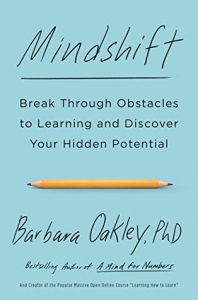 She then explains a number of effective techniques for effective learning such as when to focus and when to take a break, she discusses significance of practice and being persistent. Dr Oakley then discusses in detail the effectiveness of Pomodoro technique. We then discuss the future of MOOC (Massive Open Online Courses) and universities in the age of online teaching and learning. We also touch upon the possible impact of over-reliance on and excessive use of technology for online learning.
She then explains a number of effective techniques for effective learning such as when to focus and when to take a break, she discusses significance of practice and being persistent. Dr Oakley then discusses in detail the effectiveness of Pomodoro technique. We then discuss the future of MOOC (Massive Open Online Courses) and universities in the age of online teaching and learning. We also touch upon the possible impact of over-reliance on and excessive use of technology for online learning.
Complement this discusion with Growth Mindset: A Must Have Tool for Success with Professor Carol Dweck and then listen to
And then listen to Education: What works and what does not, with Professor John Hattie. Also listen to Multiple Intelligences, Future Minds and Educating The App Generation: A discussion with Dr Howard Gardner.

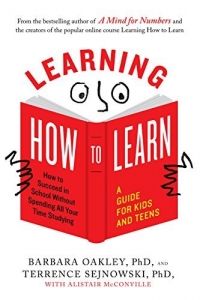
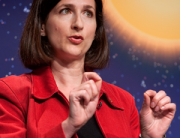

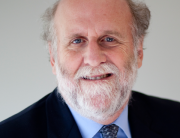
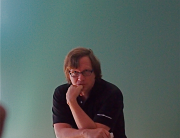

Connect With Us